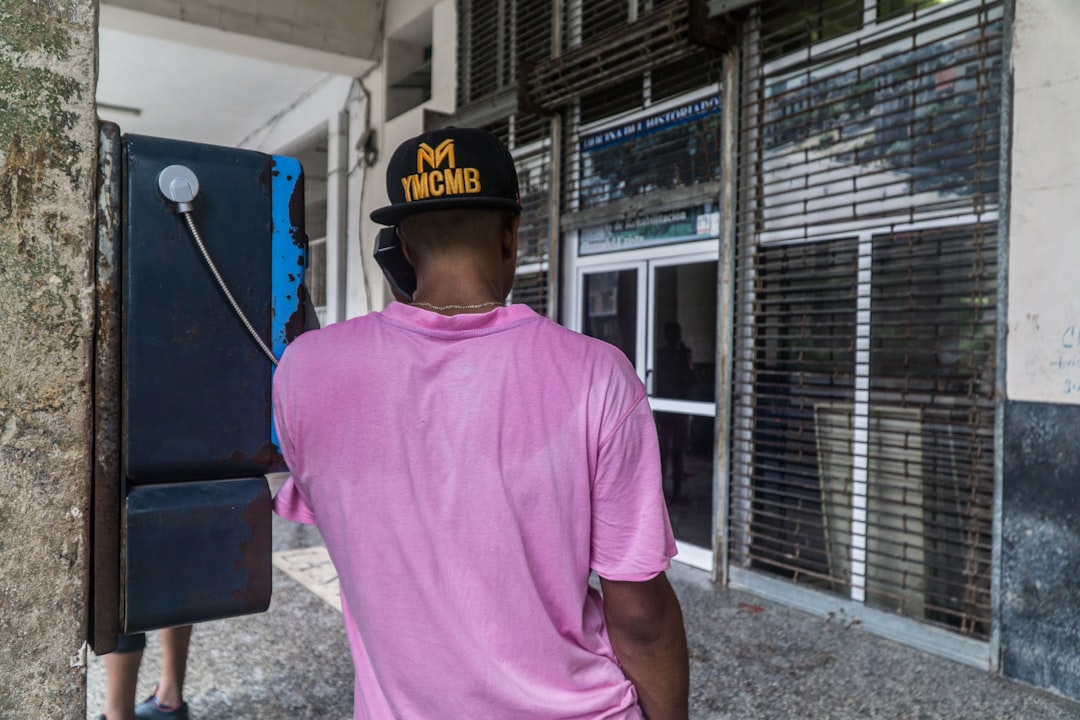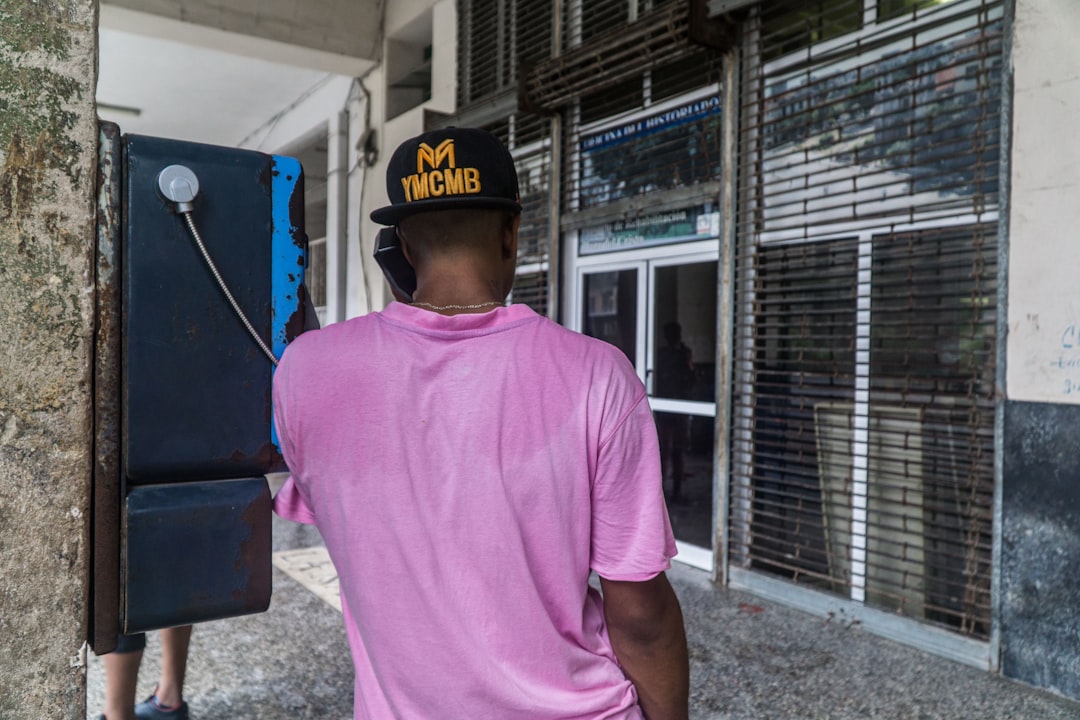Robocalls in Wisconsin can be mitigated through various means, including the Do Not Call Registry, legal frameworks like the TCPA, and specialized robocall lawyers who assist in filing complaints with agencies like the FTC. Advanced apps, community reporting systems, national/state "Do Not Call" lists, and blocking settings also protect residents from unwanted automated calls. Robocall lawyers guide clients through regulatory actions and litigation against culprits, offering damages and injunctive relief to stop harassment and disrupt illegal practices that invade privacy and infringe on communication rights.
In today’s digital age, Wisconsin residents often face a relentless barrage of robocalls, from unsolicited sales pitches to fraudulent schemes. This guide aims to empower you with actionable strategies to combat these nuisance calls quickly and effectively. We delve into Wisconsin’s legal framework surrounding robocalls, explore blocking techniques, and highlight the crucial role of robocall lawyers in Wisconsin for seeking legal recourse when traditional methods fail.
Understanding Robocalls and Their Legal Framework in Wisconsin

Robocalls, automated phone calls delivered en masse, have become a ubiquitous and often unwanted nuisance for many Wisconsin residents. While they can carry important messages from political campaigns or businesses, robocalls are frequently used for fraudulent purposes, such as phishing schemes or scams designed to steal personal information. In Wisconsin, the Do Not Call Registry is a valuable resource that allows individuals to opt-out of most automated marketing calls. However, given the evolving nature of call technologies, specialized robocall lawyers in Wisconsin play a crucial role in helping residents understand their legal protections and take action against unwanted calls.
The Telephone Consumer Protection Act (TCPA) provides robust legal framework for addressing robocalls, including restrictions on automated calling practices and requirements for prior consent from recipients. Wisconsin residents who find themselves deluged by excessive or fraudulent robocalls can file complaints with the Federal Trade Commission (FTC) or take legal action against the offending entities. Engaging with a reputable robocall lawyer in Wisconsin can facilitate this process, ensuring that residents’ rights are protected and unwanted calls are brought under control.
Effective Strategies to Block and Stop Robocalls

Robocalls can be a persistent and frustrating issue for many Wisconsin residents. Luckily, there are several effective strategies to block and stop these unwanted calls from taking over your phone lines. One of the most popular methods is using specialized apps designed specifically to identify and block robocalls. These apps use advanced algorithms and community-driven reporting systems to learn and adapt to new robocall patterns, providing a robust defense against these intrusive calls.
Another powerful tool in the fight against robocalls is registering your number with national “Do Not Call” lists. Both the National Do Not Call Registry and state-level registries in Wisconsin offer protections against telemarketing calls. By enrolling your phone number, you can significantly reduce the volume of unwanted calls, including those from robocall lawyers in Wisconsin. Additionally, adjusting phone settings to block unknown or restricted callers can be a simple yet effective step to create a safer communication environment.
The Role of Robocall Lawyers in Wisconsin: Seeking Legal Recourse

In Wisconsin, residents facing persistent or illegal robocalls have a legal option to take action. Robocall lawyers specialize in navigating the complex telecommunications laws and regulations to help individuals protect their rights. These attorneys can guide Wisconsin residents through various legal avenues, including filing complaints with regulatory bodies like the Federal Communications Commission (FCC) and pursuing litigation against the culprits responsible for unwanted robocalls.
By engaging a robocall lawyer in Wisconsin, victims can seek damages and injunctive relief to stop the harassment. These professionals possess the expertise needed to investigate call patterns, identify offenders, and build strong cases to disrupt the robocalling industry’s illegal practices. They ensure that residents’ privacy is respected and their communication rights are upheld, providing an effective means of recourse against persistent or fraudulent robocalls.






